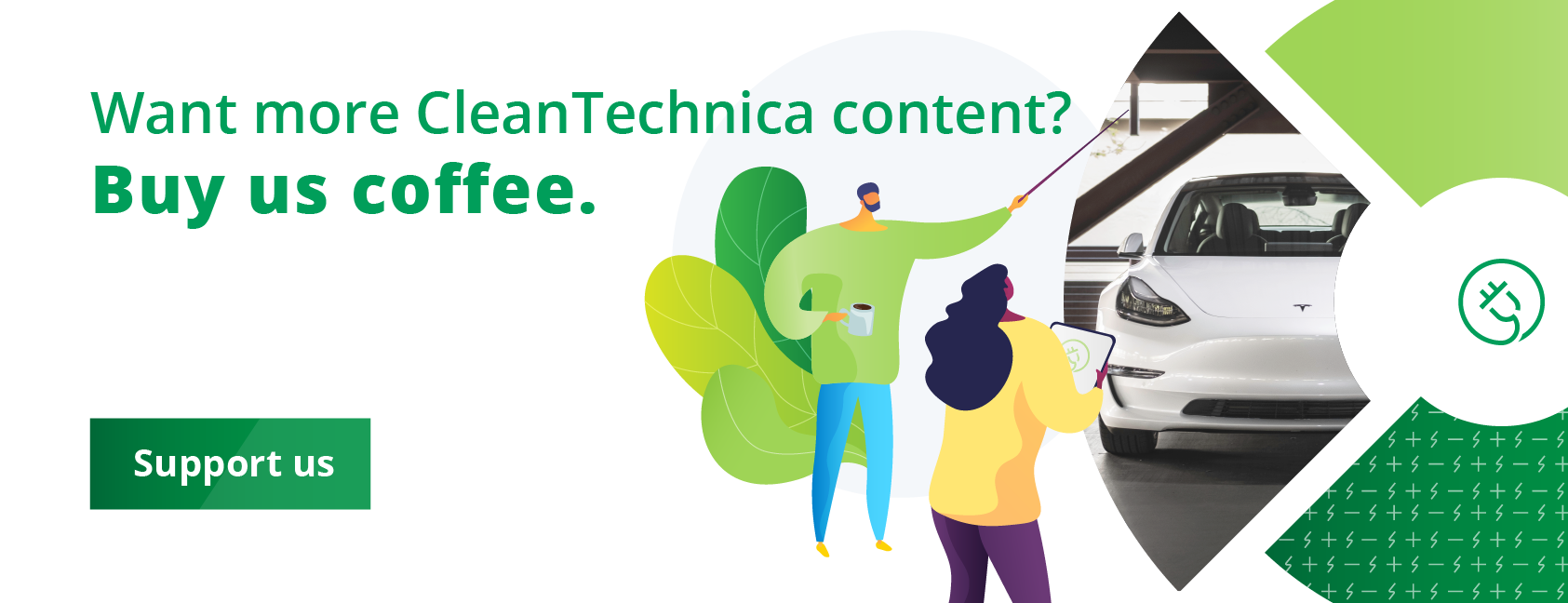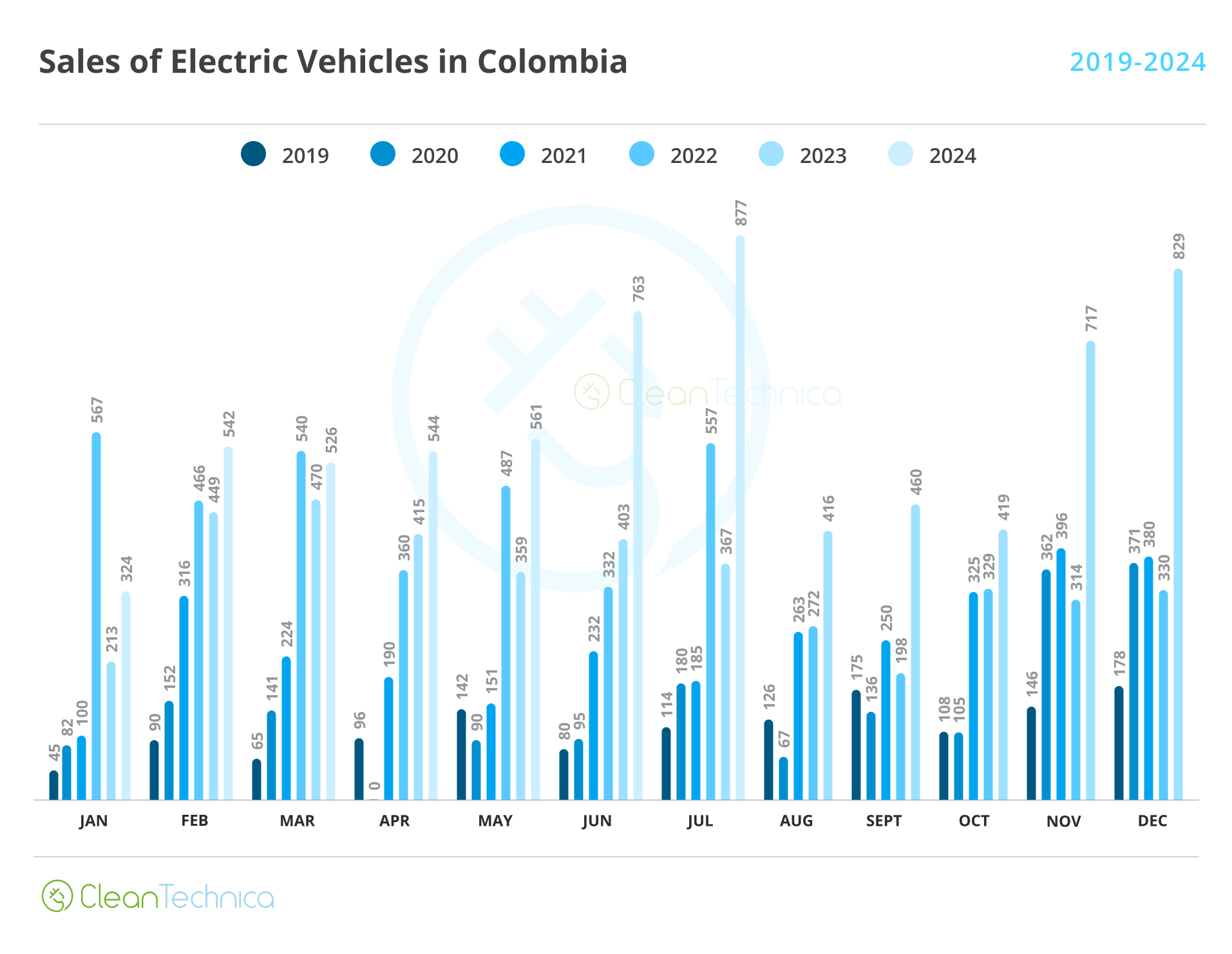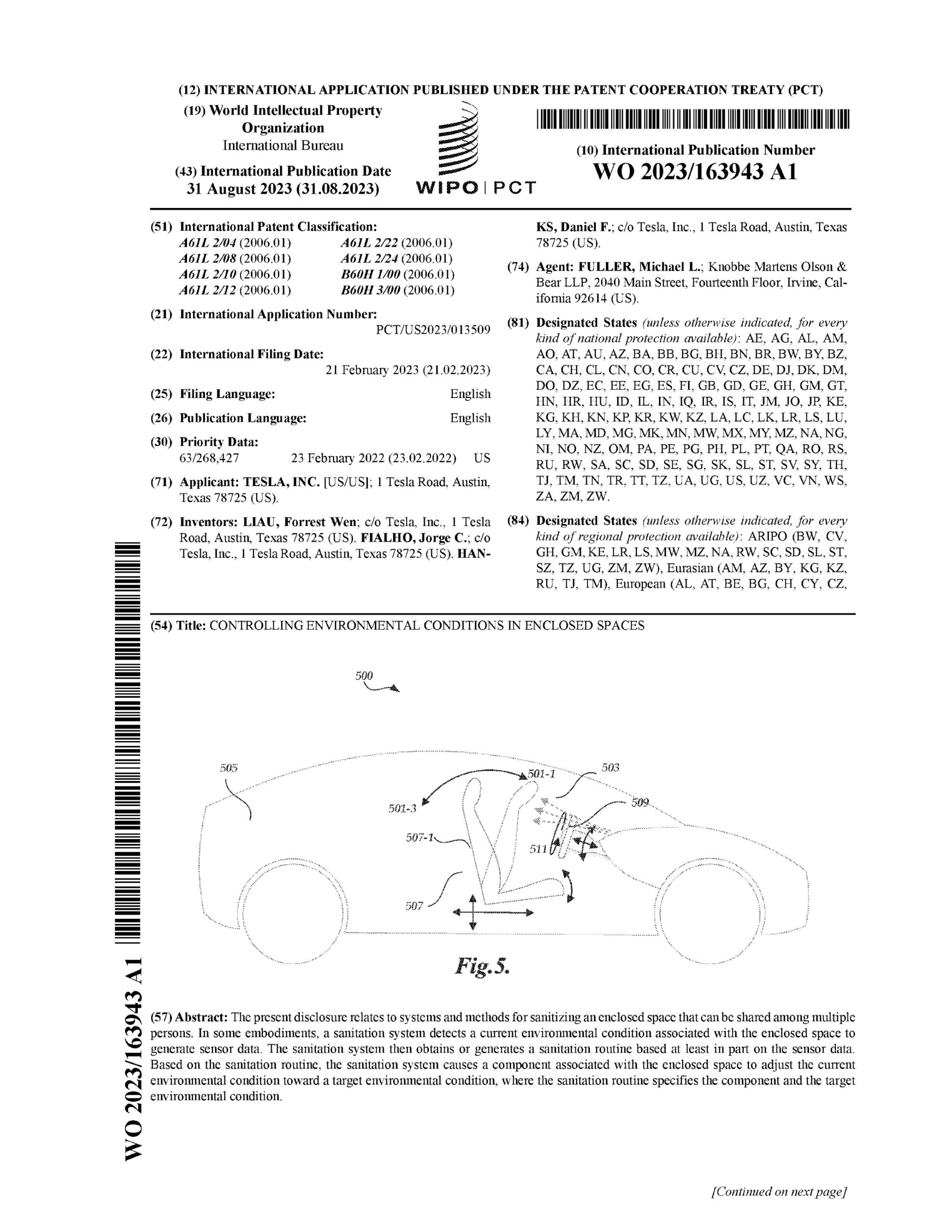
It can be argued that since only about 1 in 10 US drivers currently are behind the wheel of an electric vehicle (EV) today, all-electric personal transportation is little more than a fantasy, a peek into the future without real guts. Then again, a recent poll seems to indicate an EV breakthrough is about to happen. If self-reports are accurate, 54% of gas-powered vehicle drivers are interested in switching to an EV for their next vehicle purchase or lease.
With more drivers than ever envisioning themselves behind the wheel of an EV, the next step is for that expressed commitment to become a reality. Gas-powered vehicles may be experiencing the first hints of their demise.If that is the case, then the transition to zero emissions transportation will be on a sustainable path for long term success.
VinFast, a relatively new entry on the EV manufacturer scene out of Vietnam, collaborated recently with global market research firm The Harris Poll to conduct a survey exploring the attitudes, experiences, and behaviors of US drivers towards EVs. The takeaway is that more US drivers than ever before are ready to take the EV plunge — especially if manufacturers add in some fine additional options. Respondents cited vehicle safety, warranty, service, driving technology, and visual design as key areas of interest when considering their next purchase or lease.
What specific criteria did respondent drivers say they were needing to make the move to EVs?
- affordability (58%)
- convenient/easy to charge (54%)
- more availability of seating options (48%)
- more storage (47%)
- body styles (46%)
- safety (45%)
- warranty and service (35%)
- driving technology (23%)
- colors (17%)
- visual design (16%)
If you’re still finding this survey information unconvincing, take a look at the growth in EV interest that’s taken place in as little as a 1-2 year’s time. A July, 2022 survey from AAA revealed that one-quarter of US drivers were likely to buy an all-electric vehicle for their next auto purchase, and those numbers were similar to the survey done by AAA in 2019. The blossoming EV interest at the time seemed good news, as more people were not only becoming aware of the viability of EVs but were starting to see themselves driving an EV.
Over the last 2 years, the exponential increase in EV enthusiasm has been quite remarkable.
Affordability right now is the most important barrier that keeps 54% of gas-powered vehicle drivers who participated in the VinFast/Harris Poll survey from purchasing or leasing an EV. With a similar cost-consciousness in mind, 62% of drivers interested in purchasing or leasing an EV would do so to save money on gas.
The impact of warranties on purchase was significant — 74% of drivers in the VinFast/Harris Poll believe that high-quality vehicles are more likely to come with longer warranties than low-quality vehicles. In fact, 76% of drivers say they would be more likely to purchase or lease an EV if it offered an extended or unlimited warranty on the battery. 21% of gas-powered vehicle drivers cite limited car and/or battery warranty as something that has prevented them from purchasing or leasing an EV.
Where do youth stand as they choose between gas-powered and electric rides? Drivers ages 18-44 indicate that they are more likely than drivers ages 45+ to be interested in purchasing/leasing an EV for their next vehicle (76% vs. 46%). Safety is at the top of the list of features that is most important to drivers ages 18-34 as they plan to purchase/lease an EV, as is having innovative technologies (59%). For example, autonomous driving capabilities are cited as an example of what is important to them (67% vs. 45%).
Auto Dealers: Pay Attention to EV Shifting Trends
A June, 2023 Cox Automotive survey may offer some indicators as to why EVs are being portrayed in an increasingly favorable light this year — 91% of consumers who walked into a showroom had pre-selected their vehicle of choice. Potential EV buyers are becoming informed and confident of their purchases. Fewer consumers than ever were concerned about battery replacement costs (27%) or lack of charging stations in their area (32%). The most telling data point showed a dramatic increase in consumers who were considering an EV purchase within the next 12 months: 51% vs. 38% year-over-year (YoY).
While 53% of consumers in the Cox survey agreed that EVs will eventually replace traditional ICE-powered vehicles, dealers were more cautious, with only 31% agreeing on an all-EV future. In fact, 45% of dealers felt that EVs have yet to prove themselves in the automobile marketplace.
Maybe it’s time for more auto dealers to detox off the smell of gas-powered profit. Early data from Edmund’s showed that EVs are giving automakers the opportunity to redefine their brands in the eyes of consumers. That means a reminder is in order: brand loyalty and customer retention are symbiotic and should be hovering in the periphery of every dealer marketing message, inclusive of EVs on the lot.

The Imperative of Transportation Decarbonization
Transport decarbonization offers a powerful opportunity to achieve positive change at a global scale. Transport accounts for around one-third of global carbon dioxide (CO2) emissions, and, of that, road travel accounts for three-quarters of transport emissions. Most of this comes from passenger vehicles – cars and buses – which contribute 45.1%. The other 29.4% comes from trucks carrying freight.
The VinFast/Harris Poll numbers are important, for so many reasons.
- Improving the quality of mobility for all is an important outcome of decarbonization. We need to phase out gas-powered vehicles within the next decade to meet the demands of the climate emergency. 58% of drivers interested in purchasing or leasing an EV are motivated to do so to help the environment.
- Coupled with a transition to non-combustion, renewable electricity, a movement toward all-electric transportation will yield tremendous air quality, public health, and climate benefits across the globe. 70% of drivers agree that EVs are important in creating a green future.
- Other countries, including Norway, Denmark, Sweden, the Netherlands, Iceland and Germany, have already pledged to ban the sale of new fossil-fuel cars by 2030.
Survey Methodology
The VinFast/Harris Poll survey was conducted online within the US by The Harris Poll on behalf of Acceleration Community of Companies (ACC) from July 26-28, 2023, among 1,828 drivers ages 18 and older, of whom 146 currently drive an electric vehicle (EV) and 1,587 drive a gas-powered vehicle (and not an EV). Harris Poll online surveys’ sampling precision is measured using a Bayesian credible interval.
For this study, the sample data is accurate to within + 2.7 percentage points using a 95% confidence level.
I don’t like paywalls. You don’t like paywalls. Who likes paywalls? Here at CleanTechnica, we implemented a limited paywall for a while, but it always felt wrong — and it was always tough to decide what we should put behind there. In theory, your most exclusive and best content goes behind a paywall. But then fewer people read it! We just don’t like paywalls, and so we’ve decided to ditch ours. Unfortunately, the media business is still a tough, cut-throat business with tiny margins. It’s a never-ending Olympic challenge to stay above water or even perhaps — gasp — grow. So …




